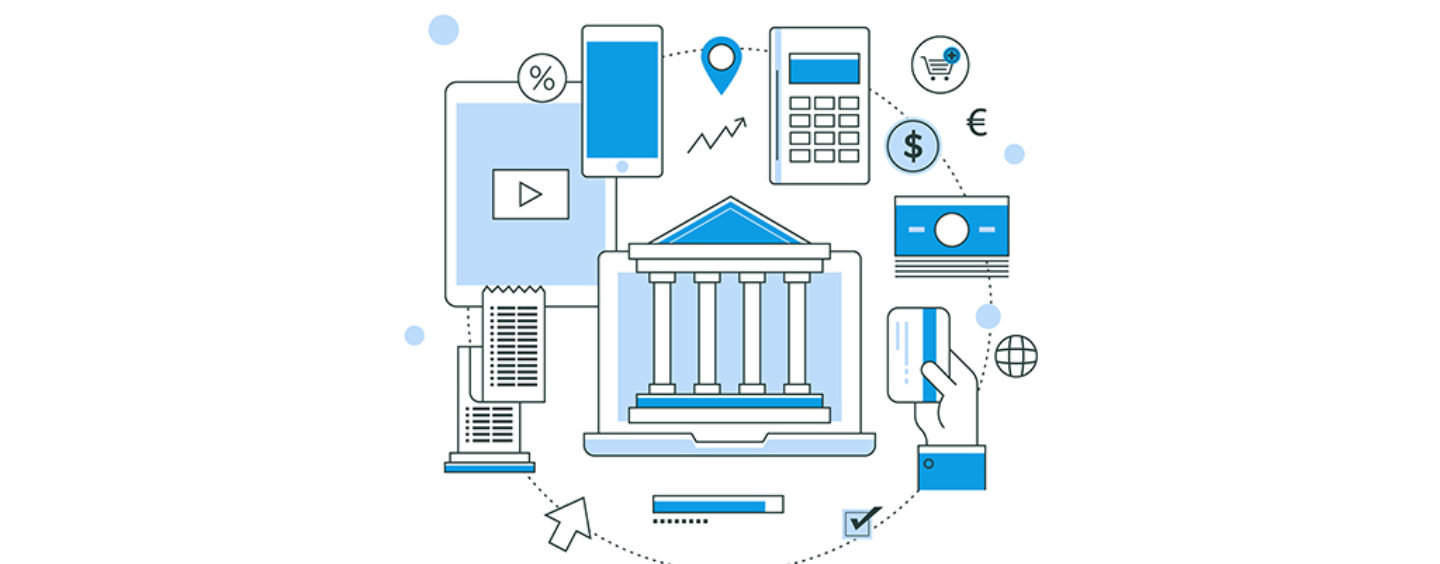“Bigtechs,” or Internet-based platform companies such as Amazon, Alibaba, Facebook and Tencent, are making inroads into the finance and banking business, threatening incumbent banks that are not responding fast enough to the digitalization of the industry, according to a new report by Citi.
In a report titled “Bank of the Future, the ABCs of Digital Disruption in Finance” , Citi GPS examines digital trends including artificial intelligence (AI), bigtech, core banking and cloud, and digital assets, and identifies how incumbent banks can adopt these disruptive factors to move their businesses forward.
Notably, the emergence of the bigtechs is threating banks as these move beyond the Internet business and into banking, capturing an ever-increasing share of consumers’ time and attention.
In emerging markets, these new entrants have grown rapidly in finance. China in recent years has been a great example of this trend. Markets with savvier banks can have incumbent-led change, as in Scandinavia and perhaps neighboring Northern European markets.
“The Bank of the Future is emerging in front of us. Amazon isn’t the Bank of the Future, nor is WeChat,” the report says. “These companies have goals bigger than banking. But they are already part of finance. And they and their peers will be part of the financial services ecosystem of the future.”
“The future of finance is an increasingly converged ecosystem where consumer and small and medium enterprise (SME) financial services are provided by banks and by platform companies with roots in e-commerce/social media.”
In this changing environment, incumbent banks must become faster, smarter and more efficient in order to stay relevant, the report says.
Artificial intelligence
AI is increasingly seen as a competitive advantage in finance. Banks are exploring AI uses in consumer and wholesale banking with the help of robotics, analytics, chat bots, and cognitive.
Current AI implementations in finance are currently focused in improving customer exchange, meeting regulatory requirements and compliance, AI-based fraud detection, making data-driven decisions faster, and cost savings through automation.
According to the report, wide adoption of AI and automation will have a profound impact on banks’ distribution and servicing channels.
Bigtech
In emerging markets, bigtech players are re-imagining and re-creating finance with the proliferation of mobile platforms, a growing middle class and favorable government policies. New entrants have made a mark in the consumer payments and finance space in Asia, especially in China, but also increasingly in markets such as Korea and India.
For instance, Korea’s Kakao Bank, which is backed by the KakaoTalk messaging app with ~42 million clients, gained two million clients within two weeks of its launch and recently had ~5 million clients. Kakao Bank offers better user experience, such as easy access and online-only authentication, as well as lower loan rate and fees.
Meanwhile, China’s Internet giants Baidu, Alibaba, Tencent and JD.com (BATJ) have made rapid progress in Internet finance, backed by agile tech platforms and a high degree of service integration. Over the years, these have established a comprehensive multi-licensed financial ecosystem covering solutions ranging from payments, wealth management, to consumer finance and insurance.
Core banking, cloud and challengers
The reason why client experience is often so bad at incumbent banks is because banks in “developed markets” are built on 1960s-1970s mainframe computers. These are running legacy core banking systems that were developed by product and lack the agility, modularity, and scalability that today’s banks need.
As banks now face a customer expectations revolution, cloud and more modern architecture are offering solutions to legacy IT issues and can help improve efficiency, agility, and speed to market, the report says.
Already, banks in the US and Australia have increased their IT spend. A survey by Temenos identified core banking systems including deposits, lending and transaction processing, as the main focus area. Investment in digital channels was a close second.
Digital assets
Cryptocurrencies have created a market buzz in the past few years, with 2017 arguably the year these reaching the mainstream audience. Currently, most cryptocurrencies are bought and sold with the intend of trading or speculation.
Nonetheless, there are also several applications of the underlying blockchain technology emerging including the use of Ethereum for building decentralized applications, the use of Ripple’s RTXP for real-time gross settlements, and implementations in AML systems.
Recently, banks in Singapore together with the Infocomm Media Development Authority completed testing a prototype blockchain-shared KYC platform that allows banks to record, share and access customer information in a single platform.
Featured image via Freepik









